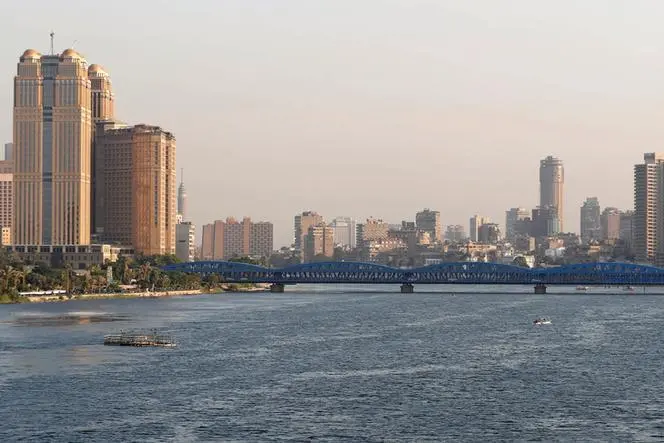PHOTO
Business conditions in Egypt’s non-oil economy was largely stable in June, helped by a renewed rise in activity, increasing export volumes and improving tourist numbers, according to a business survey.
The seasonally-adjusted IHS Markit Egypt Purchasing Managers’ Index (PMI) came in at 49.9, only fractionally below the 50.0 neutral threshold. The index was up from 48.6 in May and at its highest level since November 2020.
PMI survey data signalled an uptick in new business for the first time in seven months, leading to a softer fall in employment and a stabilisation of inventory levels.
Commenting on the latest survey results, David Owen, Economist at IHS Markit, said: "A second successive rise brought the Egypt PMI almost to the 50.0 growth mark in June, posting 49.9 to record its highest reading in seven months. While output and new orders moved into expansion territory, it was the Employment Index that held back the headline figure as job numbers continued to fall overall.”
Several businesses reported not replacing voluntary leavers. While some firms hired new workers, the latest data indicated that demand growth was not yet strong enough to require a wholesale boost to employment.
“However, with demand creeping up and COVID-19 restrictions easing, it might not be long before hiring growth resumes,” said Owen,
Inflationary pressures continued to build, however, as input prices rose at the sharpest pace for nearly two years due to a steep increase in raw material prices. That said, firms often absorbed these costs as they prioritised efforts to support a rebound in sales, the report said.
"Input price inflation picked up again in June, giving both firms and consumers cause for concern. The latest rise in cost pressures was the sharpest for almost two years, as commodity prices, particularly metals and plastics, drove a steep increase in purchasing costs. For now, firms are largely keeping output charges stable in an effort to boost sales, but we could see a sharp uptick in prices later in the year if demand strengthens and cost burdens become too large,” said Owen.
There was also a rise in tourist numbers as foreign travel opened up, as well as an improvement in export orders. In fact, the rate of export sales growth quickened to the fastest since February. On the flip side, there were some mentions of weak domestic demand weighing on overall sales, the report said.
Meanwhile, the outlook for non-oil activity remained strong with nearly half of all those surveyed predicting an expansion over the next 12 months, mostly due to hopes of an improvement in market conditions as COVID-19 restrictions are ended.
(Writing by Brinda Darasha; editing by Seban Scaria)
Disclaimer: This article is provided for informational purposes only. The content does not provide tax, legal or investment advice or opinion regarding the suitability, value or profitability of any particular security, portfolio or investment strategy. Read our full disclaimer policy here.
© ZAWYA 2021





















